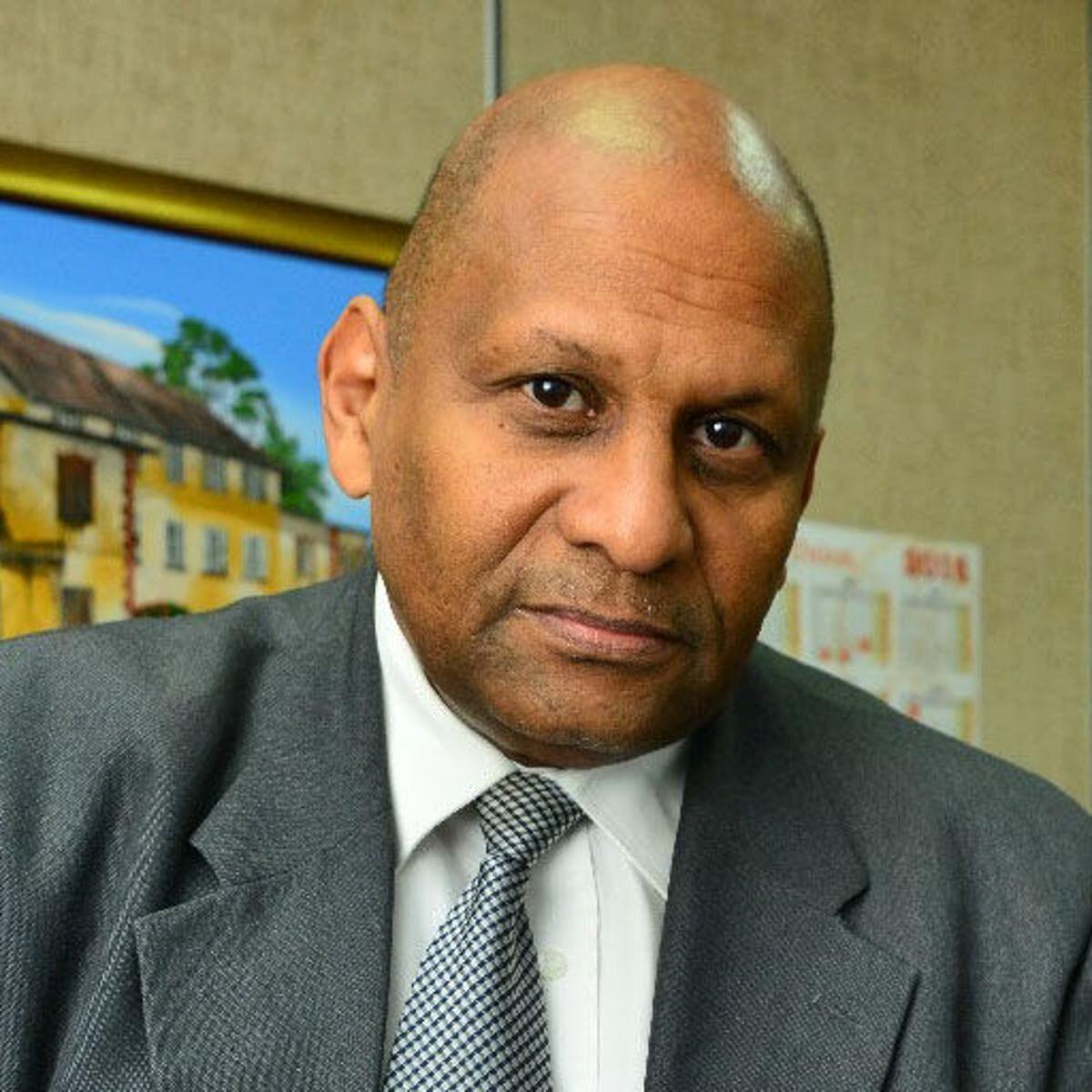(Trinidad Express) There is no evidence to substantiate claims made by Guyana Vice-President Bharrat Jagdeo that Trinidad and Tobago has a shortage of foreign exchange currency.
Conrad Enill, Trinidad and Tobago High Commissioner to the Co-operative Republic of Guyana, said yesterday on CCN TV6’s Morning Edition: “The way you measure the ability of a country to survive is based on its months of import cover. Based on the data that is available, I have seen Guyana to have 1.4 months of cover and I’ve seen Trinidad (and Tobago) to have moved from 12 months to 8.5 months.
“From that perspective, I simply think that the vice-president (of Guyana) would have been told certain things, and he would have simply indicated that this is what he’d been told,” he added.Enill suggested that the data was subject to independent scrutiny by people so inclined, which is where the confusion could have occurred.
On the night of August 14, following the announcement of the local government election results, Prime Minister Dr Keith Rowley responded to a claim that the National Transformation Alliance (NTA) had amassed 30,000 votes in Diego Martin, saying that would have been in “Guyanese dollars”.
Jagdeo got wind of the video clip with Rowley’s comment and responded, saying: “Trinidadian businesses are using foreign currency in Guyana to pay for their goods because of a shortage in Trinidad and Tobago.”
He further commented: “If I have money in an account in the United States and I choose to buy goods for Trinidad, Suriname, Guyana, Barbados, I think that is perfectly legitimate. If I have money in Trinidad and choose to use it to buy goods and send it all over the world, that is legitimate. So the notion of using money that you would have legitimately had in any jurisdiction, that is not something that is new. That is something that has been done in many instances.”
In response, Enill said Trinidad and Tobago may have had a market issue with regard to the distribution of foreign exchange as the Central Bank of T&T had put out a notice advising that if there were any issues in the marketplace, it would intervene to normalise access to foreign exchange.
The former finance minister said that interventions such as these by the Government and the Central Bank were not something new as it had been done many times in the past.
On the issue of the back-and-forth comments by citizens of both countries, Enill said they ought to be concerned about ways that they could meaningfully contribute to the development of their respective countries.
“We have climate issues, we have food issues, and those are (some of) the issues that we have to elevate our conversations to, rather than what I say and what you say,” said the high commissioner.
Those things have nothing to do with our agenda, and our agenda is to make sure that our people are okay, he added.
Sick-out at Caribbean Airlines
Asked about the sick-out action last Sunday by Caribbean Airlines pilots, which led to the cancellation of several flights and stranded passengers, Enill said that CAL ought to be considered an essential service, so when issues of this nature occur, it could be dealt with in a particular manner.
“Transportation is very important to our survival…and CAL is not the only one,” he said, “I saw Guyana complaining about another airline, but this one had to do with inefficiency, not being on time and those kinds of issues. CAL does not have these kinds of issues.”
Acknowledging the matter with CAL was of another nature, Enill said he hoped that airline management put mechanisms in place to respond to such issues and, by extension, mitigate its losses.





